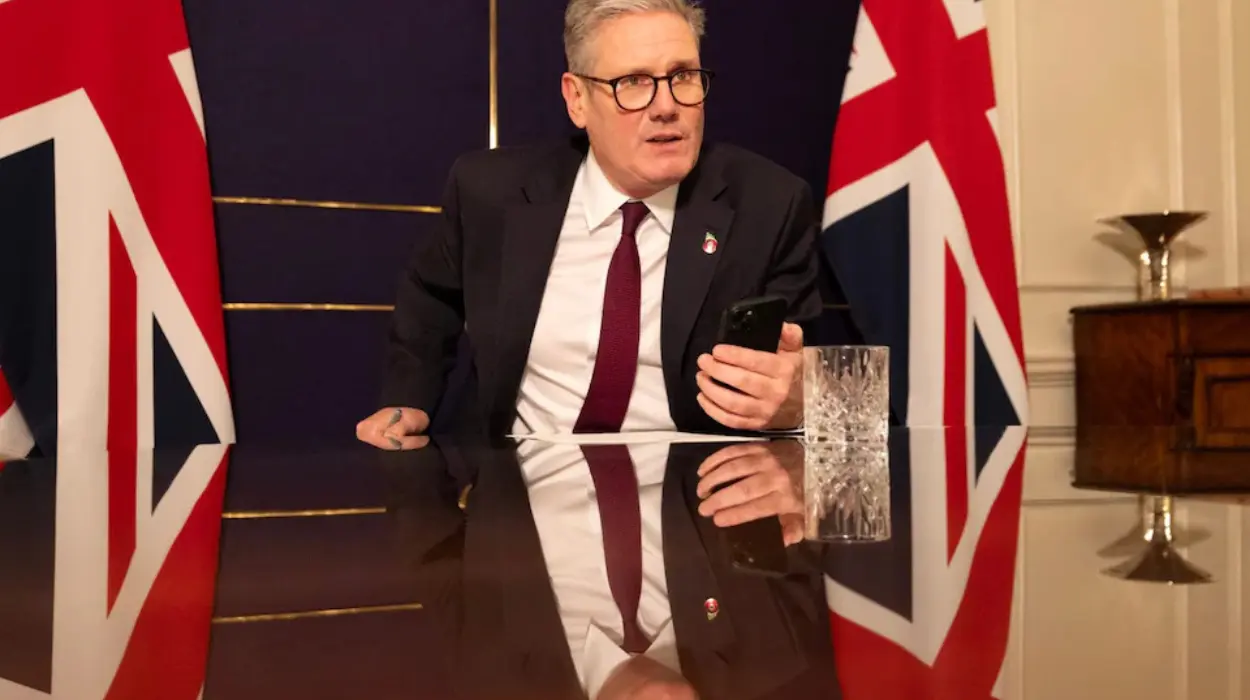The Government must restore the UK’s internal market, to boost the economy and cut costs in Northern Ireland

The current system places unnecessary obstacles in the way of trade. Delays, increased costs, and reduced product availability are harming local horticultural businesses and the wider public. This is not just a minor inconvenience; it is a fundamental issue that affects livelihoods, market access, and consumer choice. Those who operate garden centres, supply nurseries, or order plants and seeds online have faced considerable hardship as a result of these barriers. It is completely unacceptable that businesses in Northern Ireland cannot access the same range of goods as those in the rest of the United Kingdom.
There have been small steps in the right direction, the creation of the Horticulture Working Group and the introduction of the NI Plant Health Label are welcome developments, but they are insufficient. The reality is that rising costs will continue to damage trade unless comprehensive and lasting solutions are found. Simply acknowledging the problem is not sufficient; we need the government to act decisively to remove these restrictions once and for all.
The evidence presented by the Horticultural Trade Association to the Northern Ireland Affairs Committee was damning and must not be ignored. A ban remains in place on 30 native plants and species, and online and mail-order sales to Northern Ireland from Great Britain are still prohibited. I, or indeed any other individual can visit a garden centre in person in GB, make a purchase of seeds, take a flight or ferry back to Northern Ireland with those seeds but if I ask the same firm to supply me with them via post they suddenly pose a threat to the EU Single Market because of our land border with the Irish Republic in the EU! These restrictions are not only stifling trade but also driving up costs for businesses and consumers alike. This is not a Unionist versus Nationalist issue; it affects people across the community. Gardeners, businesses, and traders of all backgrounds are suffering as a result of these illogical barriers.
It is time for the government to display the urgency and commitment needed to restore the UK internal market. Northern Ireland must not be treated as an exception or an afterthought. The establishment of Intertrade UK was a step forward, as it provides a dedicated body to identify and remove barriers to trade within the United Kingdom. This issue must be at the top of its agenda. The people of Northern Ireland should not be punished by unnecessary red tape and regulatory divergence from the rest of the UK.
The Prime Minister and his government have a duty to ensure that Northern Ireland’s place in the United Kingdom is fully restored. This includes removing the application of EU law in our country and addressing the problems it continues to create. The Windsor Framework did not resolve all of the challenges we face, and I will continue to push for changes that deliver real and lasting benefits for the people of Northern Ireland.
We need a system that is practical, fair, and aligned with the needs of businesses and consumers in Northern Ireland. The horticulture trade is just one example of how the current arrangements are failing people in our country. If we allow this issue to persist, it sets a dangerous precedent for other sectors and further weakens Northern Ireland’s place within the UK.
My colleagues and I will continue to press for the removal of these barriers and to ensure that Northern Ireland businesses and consumers are treated as equal to those in England, Scotland, and Wales. The Government must act, and it must act now.
Gregory Campbell MP
Gregory Campbell was first elected to Londonderry City Council in 1981 until he stepped down in March 2011. During this time, he served as the DUP Group Leader on the Council. He was also elected to the 1982 Northern Ireland Assembly and the Northern Ireland Forum for Political Dialogue in 1996. He has been the Security spokesman for the DUP since 1994.
Subsequently elected as a member of the Northern Ireland Assembly in 1998 and re-elected on each occasion since. He served as the Minister for Regional Development from July 2000 until September 2001. He also served as the Minister for Culture, Arts and Leisure from June 2008 until June 2009. He remained a member of the Assembly until he stepped down at the 2016 Assembly election. Elected as the MP for East Londonderry in 2001 and re-elected in 2005, 2010, 2015, 2017 and 2019. He is currently the DUP spokesperson on International Development and the Cabinet Office.

